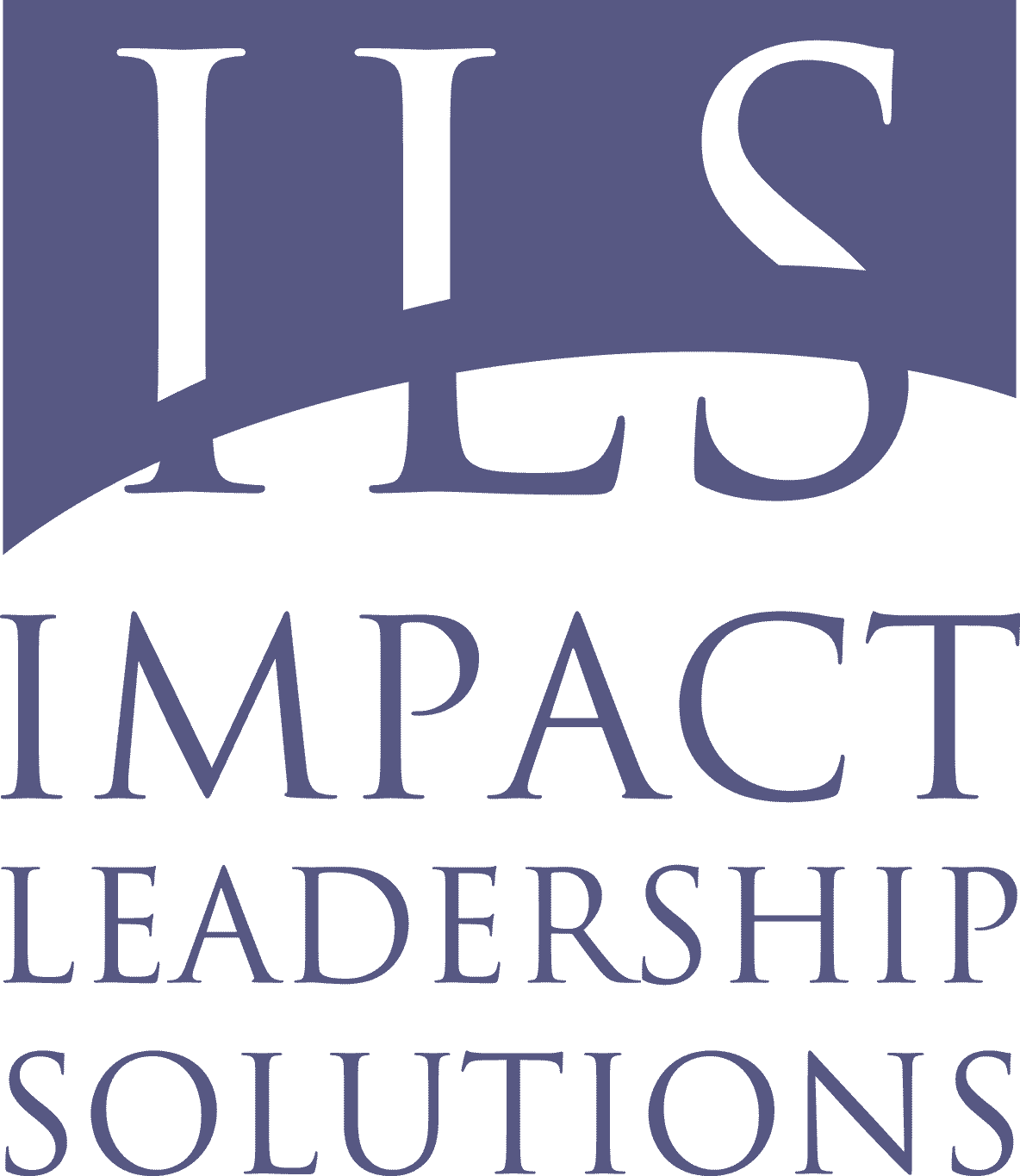The Questions That Separate Good Leaders from Great Ones
- Anna Conrad

- Mar 19, 2025
- 3 min read
Updated: Apr 5, 2025

The important thing is not to stop questioning. Curiosity has its own reason for existing. - Albert Einstein
In executive leadership, the ability to ask the right questions is not just a skill—it’s a differentiator. The most effective leaders don’t just provide answers; they guide their teams toward insight, innovation, and action through strategic inquiry.
The Competitive Edge of Strategic Questioning
In an era where complexity and uncertainty define the business landscape, the capacity to ask incisive questions has become imperative for leadership. The research underscores this: A 2023 McKinsey survey found that executives who excelled in inquiry-based leadership outperformed their peers in decision-making, innovation, and team engagement. The reason? Thoughtful questions stimulate critical thinking, uncover hidden challenges, and drive meaningful change.
Yet, many leaders default to surface-level inquiries that fail to unlock deeper understanding. Effective questioning is a skill that can be cultivated. As an executive coach, I have seen firsthand how mastering this technique transforms leaders from directive decision-makers to facilitators of high-impact dialogue.
The Science and Strategy Behind Powerful Questions
Harvard Business Review research shows that effective questioning improves workplace communication by 30%, enhances problem-solving efficiency, and strengthens collaboration. However, mastering this skill requires intentionality—choosing words that challenge existing perspectives while fostering open, constructive dialogue.
Here are five types of questions that can elevate strategic decision-making and executive leadership:
1. Investigative: What’s Known?
Strong leaders clarify what is already understood before proposing solutions. This prevents wasted effort and ensures alignment.
Example: “What data do we have that supports this approach?”
2. Speculative: What If?
These questions reframe problems and encourage innovative thinking.
Example: “What if we looked at this from a customer’s perspective?”
3. Productive: Now What?
This focuses on actionable next steps and resource allocation.
Example: “What capabilities do we need to execute this effectively?”
4. Interpretive: So, What?
This encourages deeper reflection on the implications of a decision.
Example: “What are the long-term consequences of this choice?”
5. Subjective: What’s Unsaid?
These questions uncover underlying concerns and unspoken tensions.
Example: “What potential obstacles are we not addressing?”
Four Coaching Strategies to Elevate Your Questioning Game
Flip the Focus: Shift from Confirmation to Exploration
Many leaders unconsciously seek confirmation of their beliefs rather than exploring new perspectives. This cognitive bias limits innovation and reinforces outdated thinking.
Instead of asking: “Do you think this plan will work?”
Ask: “What are the biggest risks in this plan?”
Use ‘What If’ and ‘How Might We’ to Inspire Innovation
These open-ended, possibility-driven questions break restrictive thought patterns and encourage creative problem-solving.
Examples:
“What if we approached this challenge with no budget constraints?”
“How might we improve our customer experience by 20%?”
Leverage the Power of Silence
A well-crafted question loses its impact if followed by a rush to fill the silence. Neuroscientific studies show that people need 6-8 seconds to process a complex question before responding.
Try this: After asking a question, count silently to eight. This pause creates space for deeper thinking and more considered responses.
Ask Questions That Challenge Comfort Zones
Comfortable conversations rarely lead to breakthrough ideas. The most transformative questions push people into areas of discomfort, requiring them to rethink assumptions.
Examples:
“What’s a truth we might be avoiding?”
“If we were starting over today, what would we do differently?”
Elevating Leadership Through Inquiry
The ability to ask strategic, high-impact questions isn’t just an intellectual exercise—it’s a leadership imperative. Organizations that cultivate a culture of inquiry consistently outperform those reliant on top-down directives. By honing your questioning skills, you foster a reflective, innovative, and empowering leadership style.
Action Steps
Evaluate your current questioning habits. Where do you default to confirmation-seeking rather than exploration?
Practice ‘Flip the Focus’ in your next meeting. Challenge yourself to reframe one question to encourage a more profound analysis.
Use strategic silence. Let others engage in the process before you fill the gap.
Introduce ‘What If’ thinking into brainstorming sessions to unlock new possibilities.
Start Asking Smarter Today
The right questions unlock innovation, reveal blind spots, and drive stronger decision-making. As a leader, mastering the art of inquiry isn’t just about gathering information—it’s about shaping your organization's future.
What’s one question you can ask today that might change the trajectory of your work? Let’s elevate our conversations—one strategic question at a time.

